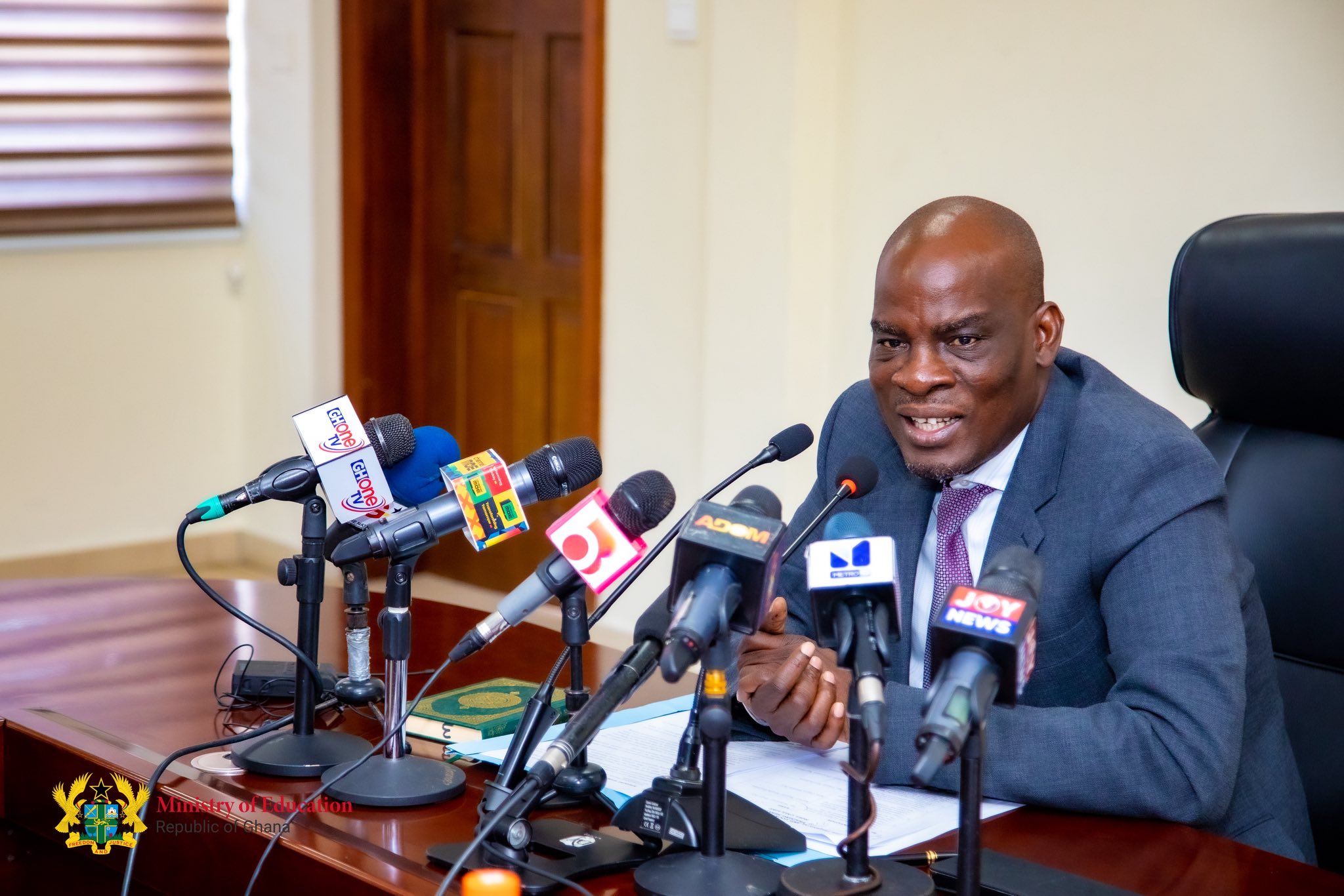
By Kizito CUDJOE
Nearly two-thirds of electricity consumers are willing to pay more for a stable and reliable power supply, according to a nationwide survey conducted by the Public Utilities Regulatory Commission (PURC).
The survey, conducted across all 16 regions between May and June 2025, aimed to gauge consumer perceptions of electricity pricing and service reliability.
The report’s findings on ‘Consumer Preferences and Perceptions of Electricity Supply and Pricing in Ghana’ – based on responses from 3,759 individuals – show strong demand for improved service quality.
“A significant proportion of Ghanaians, nearly 62 percent, are willing to pay more for a stable and reliable electricity supply even if it means higher costs. More than 84 percent considered consistent power to be of utmost importance,” the report stated.
This, PURC noted, aligns with global trends wherein electricity reliability is critical for economic and social development.
While reliability was cited as a top priority – especially among urban dwellers, business owners, and higher-income households – the survey also highlighted affordability concerns, particularly among students, unemployed individuals and low-income earners.
“Urban regions and high spenders, those spending more than GH?1,000, prioritise reliability due to business and academic needs while rural regions and low-income groups such as students and unemployed individuals exhibit price sensitivity, tolerating fluctuations,” it said.
The report further indicated gender and educational disparities. Men and more educated respondents tended to prioritise stability while women were generally more cost-sensitive.
“Qualitative feedback highlighted widespread concerns about the high cost of electricity, general economic hardship and a desire for better communication from service providers regarding power outages. Many also expressed a lack of trust in the system’s ability to deliver consistent power.”
The survey noted that feedback from participants underscored systemic challenges including operational inefficiencies, illegal connections and poor communication, cited by 20.4 percent of respondents, alongside calls for tariff reductions (29.4 percent) and more consumer-centric policies (14 percent).
It also emphasised regional variations, suggesting urban-rural divides with urban areas demanding reliability and rural areas prioritising affordability. “The high prepaid meter adoption rate, at 68 percent, indicates a shift toward pay-as-you-go systems; but affordability remains a barrier for low-income groups,” the report added.
Systemic distrust was also evident, as some respondents noted: “I don’t trust ECG or VRA,” underscoring the need for enhanced transparency and accountability in electricity provision.
Based on these findings, the survey underscored a critical need for PURC and other stakeholders in Ghana’s electricity sector to enhance grid reliability, address affordability and implement clear and proactive communication channels, such as SMS alerts, about planned and unplanned outages to build trust and manage expectations.
“By understanding these diverse preferences, PURC can develop more effective and equitable policies that support Ghana’s socio-economic development and ensure a reliable energy future for all,” the report concluded.
The post Majority of consumers willing to pay more for stable power – PURC survey appeared first on The Business & Financial Times.
Read Full Story









Facebook
Twitter
Pinterest
Instagram
Google+
YouTube
LinkedIn
RSS